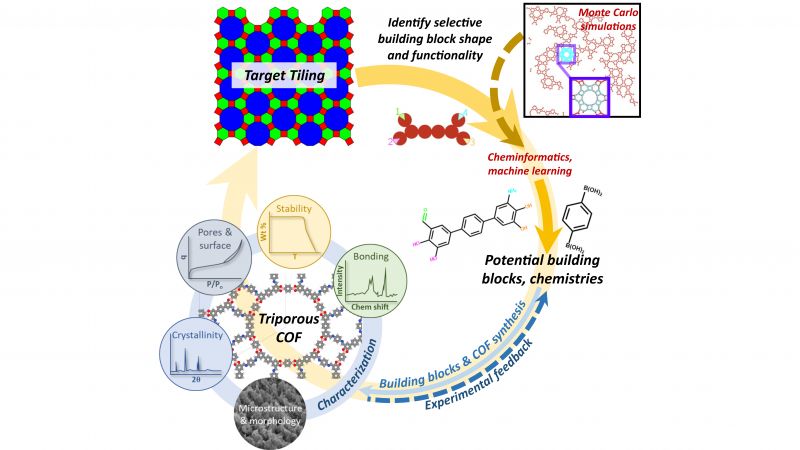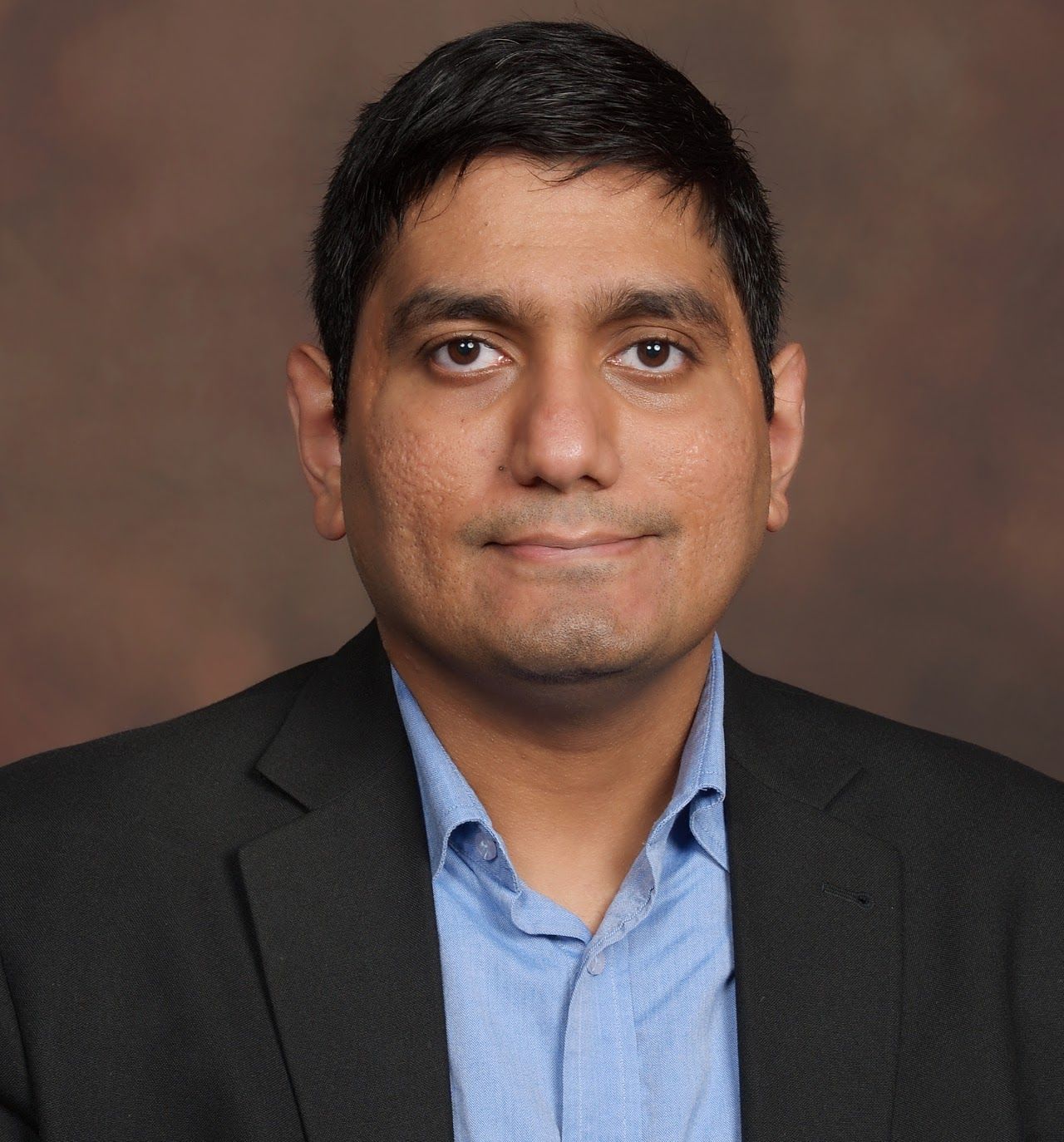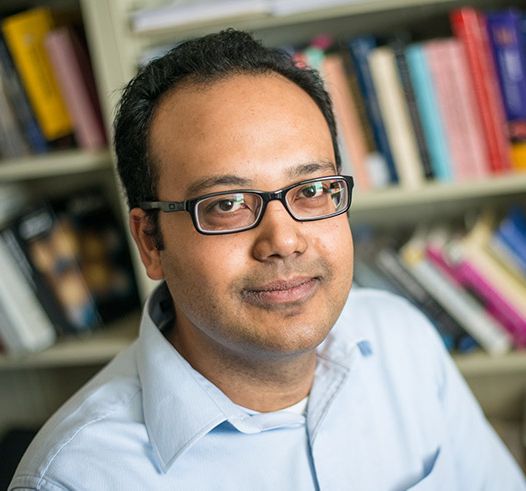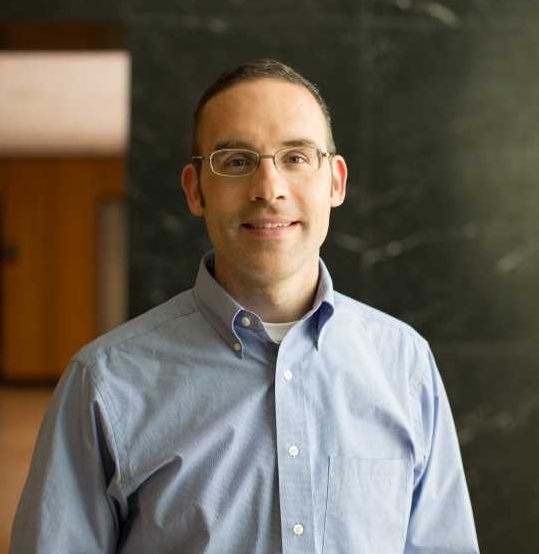ChBE team will develop ‘computational discovery’ method to identify synthetically feasible building blocks for emerging porous material to make synthesis easier, more efficient
Lehigh University chemical and biomolecular engineering researchers studying covalent organic frameworks (COFs) have been awarded a $420,000 grant from the National Science Foundation.
COFs are an emerging class of porous materials that can be designed with tiny (sub-nanometer-length) pores. Their structure, which allows for pores of varying sizes, could make them particularly useful in applications such as gas separations and storage, catalysis for producing energy carriers and chemicals, semiconductors, and drug delivery, says Srinivas Rangarajan, an assistant professor who specializes in heterogeneous catalysis and materials design and the team’s lead researcher.
“There are possibilities in using them for carbon dioxide capture and methane or hydrogen storage and they can be used in catalysis for converting biomass, CO2, or even natural gas into valuable fuels and chemicals,” he explains.
But to reach the point where COFs can be synthesized efficiently and their sieve-like qualities put to use (pores of varying sizes would allow desired molecules to pass through, while stopping others), researchers need to sift through millions, and perhaps billions, of potential building-block combinations.
“So far, the scientific community has identified maybe 200 of COFs, so there’s a huge scope for finding new ones,” Rangarajan says.
To accelerate the process of creating viable covalent organic frameworks, Rangarajan, a computational chemical engineer, is working with Jeetain Mittal, the Sam and Ruth Madrid Endowed Chair in Chemical and Biomolecular Engineering and an expert in molecular simulations. Together, they are using molecular dynamics, informatics, and machine learning tools to identify “synthetically feasible” building blocks that can be easily made and that assemble into desirable crystalline polymer structures.
“We are the computational force,” Rangarajan says. “We’re first building the algorithm, which will be based on some of our previous work, and then we’ll apply it to create a list of potentially synthetically feasible building blocks that are worth studying to find out whether the desired structure of multiple pore sizes can actually be made.”

To attempt this search in the lab through experimentation alone would be a slow, error-prone, and cumbersome process, he says. With computational science leading the way, the experimentalists on the team—Mark Snyder, an associate professor of chemical and biomolecular engineering, and Ian Hill, a collaborator from Gustavus Adolphus College—will get an informed head start.
Hill will synthesize building-block candidates that are identified as highly synthetically feasible and Snyder will assemble them into the larger, porous structures.
The three-year grant comes from the NSF’s Computational and Data-Enabled Science and Engineering in Mathematical and Statistical Sciences program, which funds projects tackling mathematical and statistical challenges through computational experimentation, modeling, and simulation. The program aims to create and develop tools to address computational and/or big-data challenges.
Although the team members are all chemical engineers, says Rangarajan, their collaborative workflow, integrating both computational and experimental approaches, points to the interdisciplinary nature of the problem and the importance of collaboration.
“The intellectual challenge is how do we automate the process computationally and simplify the process for experimental synthesis of covalent organic frameworks with these complicated pore structures. It’s a new direction, a new avenue, for all of us, but it builds upon our fundamentals and our varying expertise.”
—Katie Kackenmeister is assistant director of communications for the P.C. Rossin College of Engineering and Applied Science



